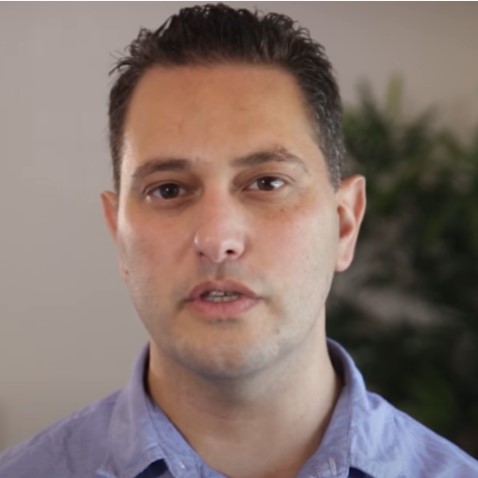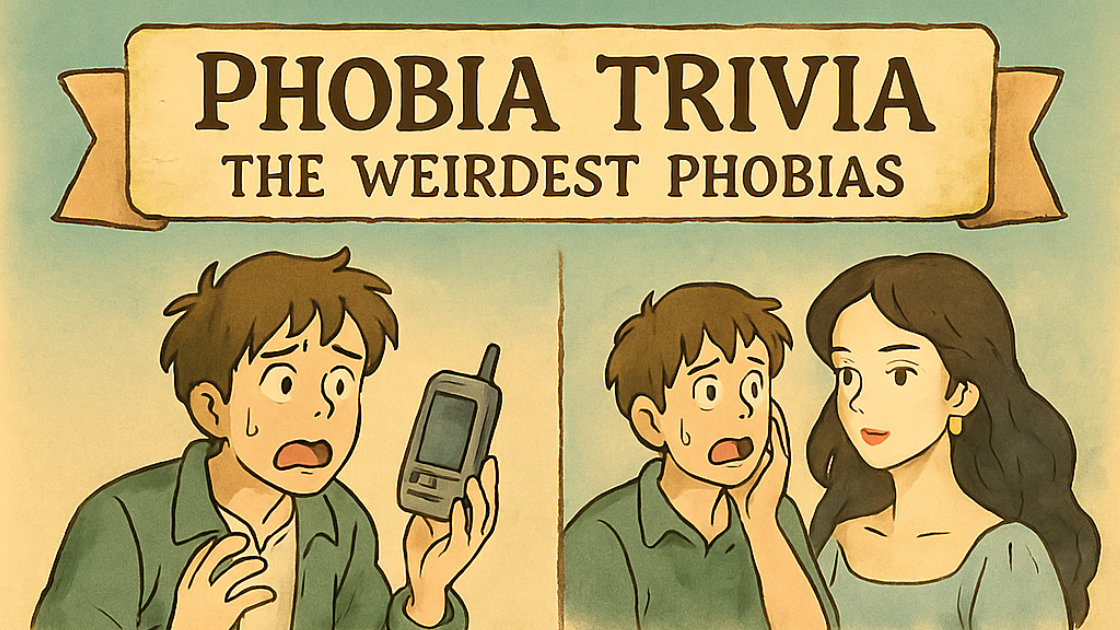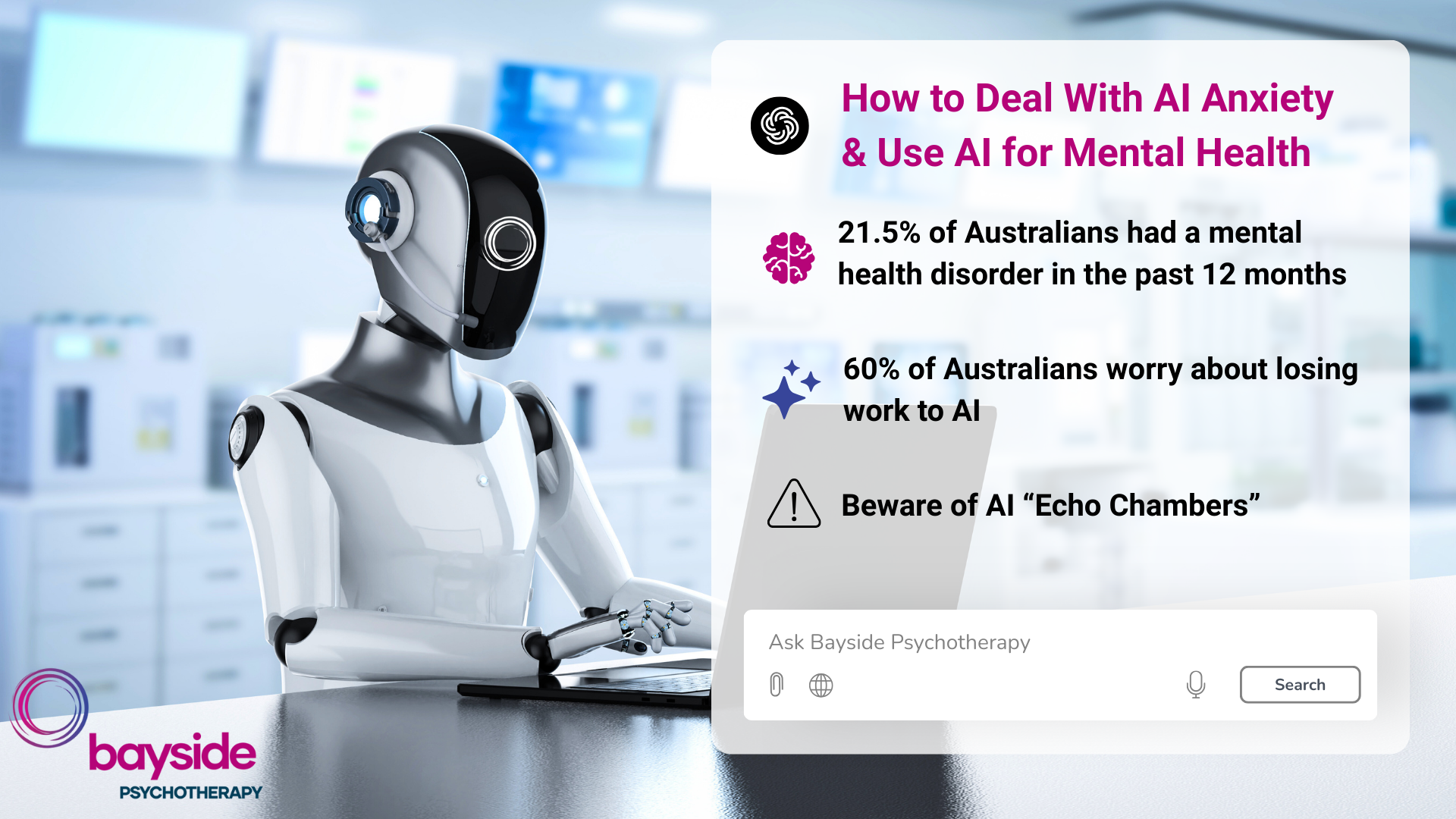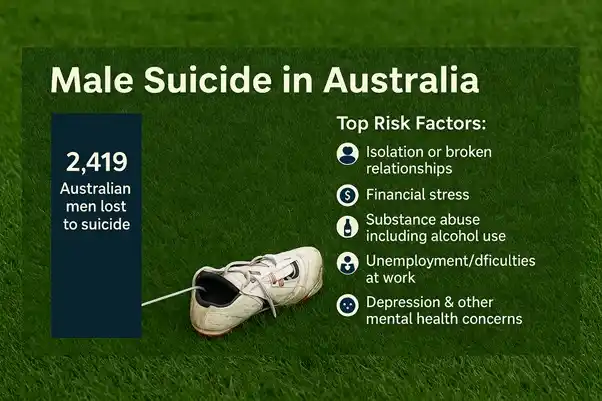How to Develop Healthy Eating Habits
You’ve probably heard the phrase ‘you are what you eat’. But do you know what it really means? Every time you consume a meal, you are not only providing your body with the energy it needs to function, but you are also sending critical instructions to your brain.

Different types of food can be thought of as having their own unique codes that program how the body and mind should work. Therefore, it’s incredibly important to eat foods that promote a healthy body and mind.
As Samantha Heller, a clinical nutritionist at NYU Medical Center in New York states,
“Everything you eat becomes a part of not only your inner being but the outer fabric of your body as well.”
Heller emphasises the fact that the foods you eat not only play a role in how you internally feel, but they can also affect your appearance.
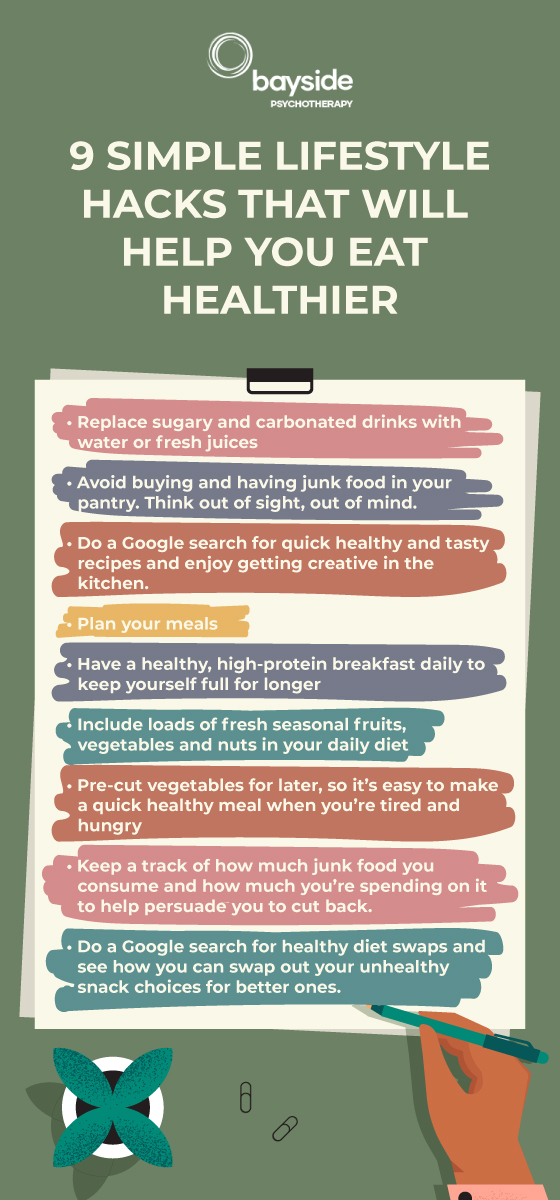
How can you train your mind to eat healthy?
The big question is – why do some people find it so hard to eat healthy?
Well, most of the time, it comes down to psychology. It can be really difficult to break unhealthy eating patterns that have been developed over many years – but that’s exactly what needs to be done. By slowly phasing out unhealthy foods and replacing them with wholesome, nutritious and tasty ones, you will start to form habits that will help your body perform better physically and mentally. The better you feel, the more motivated you will be to stick with these healthy changes.
The first step to healthy eating is to become aware of your eating habits. Tracking your food can be a tedious task but it can tell you a lot about what your current habits are, even if you just track your food for a few days. You can also get a better idea of how many calories you’re consuming daily and whether it’s the right amount for your needs.
The next step is to begin training your mind to eat healthy. To do this, you need to realise that healthy food doesn’t need to be boring. Creativity in the culinary world has never been more accessible. There are thousands of immensely delicious and healthy dishes you can make and eat at home.
Replacing processed, sugary foods with balanced wholefood meals can go a long way in forming new habits. This is because processed foods are manufactured to create cravings. Our bodies crave sugary, high-caloric foods and the more we consume them, the more we want.
There’s a reason why it’s so hard to stop eating that chocolate ice-cream in the freezer!
It’s important to start phasing out unhealthy foods slowly to give your mind time to adapt. Overly restricting yourself is more likely to cause you to relapse and fall back into unhealthy eating patterns. If you do find that you slip up every now and again, be kind to yourself, forgive yourself quickly and simply get back on track.
Teaching yourself to eat healthy is a habit everyone should master. Eating well leads to a more fulfilling life and lowers your chances of developing psychological problems and chronic diseases.
What does healthy eating look like?
But what does a healthy diet really look like?
Good nutrition can be confusing. Advocates of keto, veganism and other diets will all tell you that their way of eating is best. But healthy eating doesn’t have to be complicated and it isn’t restricted to one type of diet.
To put it simply, a healthy, balanced diet is one where the majority of your calories comes from whole, unprocessed foods. Try to consume fresh fruit, vegetables, lean proteins like fish and dairy, and healthy fats from rich omega-3 sources – like salmon, nuts, and seeds. Avoid those foods that are high in sugar and saturated fats, and try not to skip meals.
Here are some simple lifestyle hacks to help you form healthier eating habits:
- Replace sugary and carbonated drinks with water or fresh juices
- Avoid buying and having junk food in your pantry. It’s much harder to avoid that Cadbury bar when it’s sitting in your cupboard. Think out of sight, out of mind.
- Try to find quick healthy and tasty recipes and enjoy getting creative in the kitchen
- Plan your meals
- Have a healthy, high-protein breakfast daily to keep yourself full for longer
- Include loads of fresh seasonal fruits, vegetables and nuts in your daily diet
- Pre-cut vegetables for later, so it’s easy to make a quick healthy meal when you’re tired and hungry
- Keep a track of how much junk food you consume and how much you’re spending on it to help persuade you to cut back.
- Swap out your unhealthy snack choices for better ones and always read the labels carefully
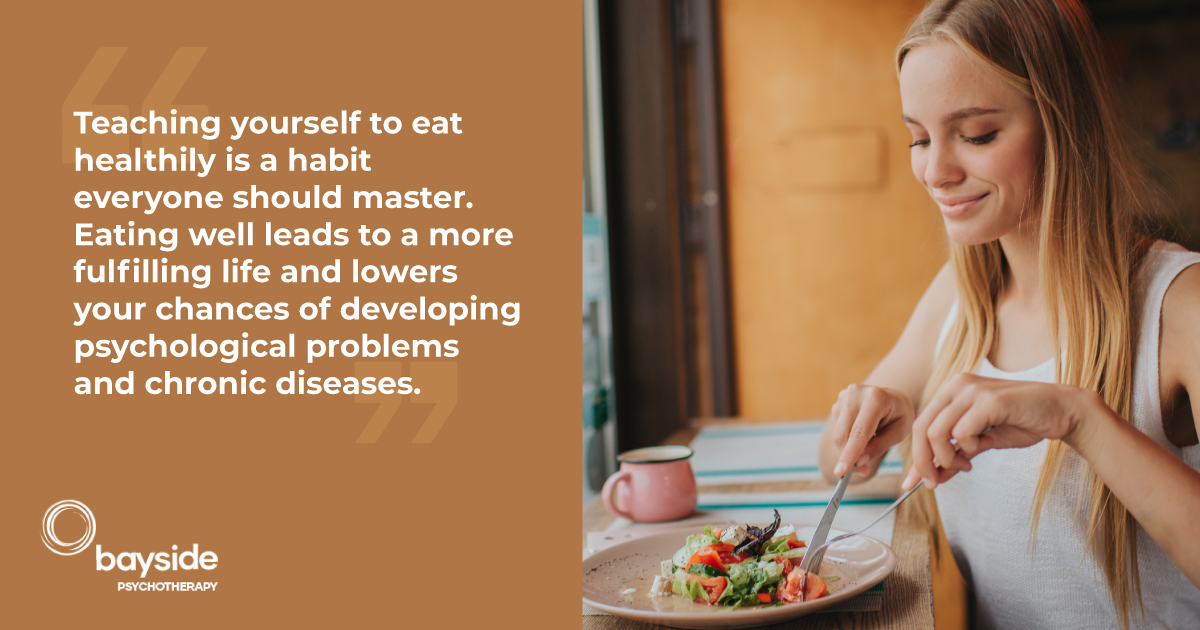
Remind yourself that healthy eating isn’t a hobby, it’s a lifestyle that needs commitment and dedication – but once you find consistency, it’s all worth it! You’ll look and feel better than ever.
When you start off on this journey, allow yourself the time you need to adapt to new nutritional choices. Trying to ditch everything at once might not work for you in the long run.
Sometimes it can help to speak to a professional therapist for junk food treatment. You can link up through a confidential and secure video conferencing session anywhere in Australia or call 03 9557 9113 for an appointment at our Melbourne clinic.
Professional help is just a click away. All you need to do is reach out.
Here are a couple of blogs written on this topic you might find useful:
What Are Australians Most Afraid Of? N...
From snakes and spiders to needles and ghosts, fear takes many forms. But what do Australians fear most in 2025? At Bayside Psychotherapy, our expert.
Is It Time For The AFL To Cast A Menta...
At Bayside Psychotherapy we are passionate about mental health and like many fellow Melburnians, many on our team are avid AFL fans. So when two of our .
Exploring Emerging Therapies: Understa...
At Mind Medicine Australia, we are dedicated to transforming the trea.

